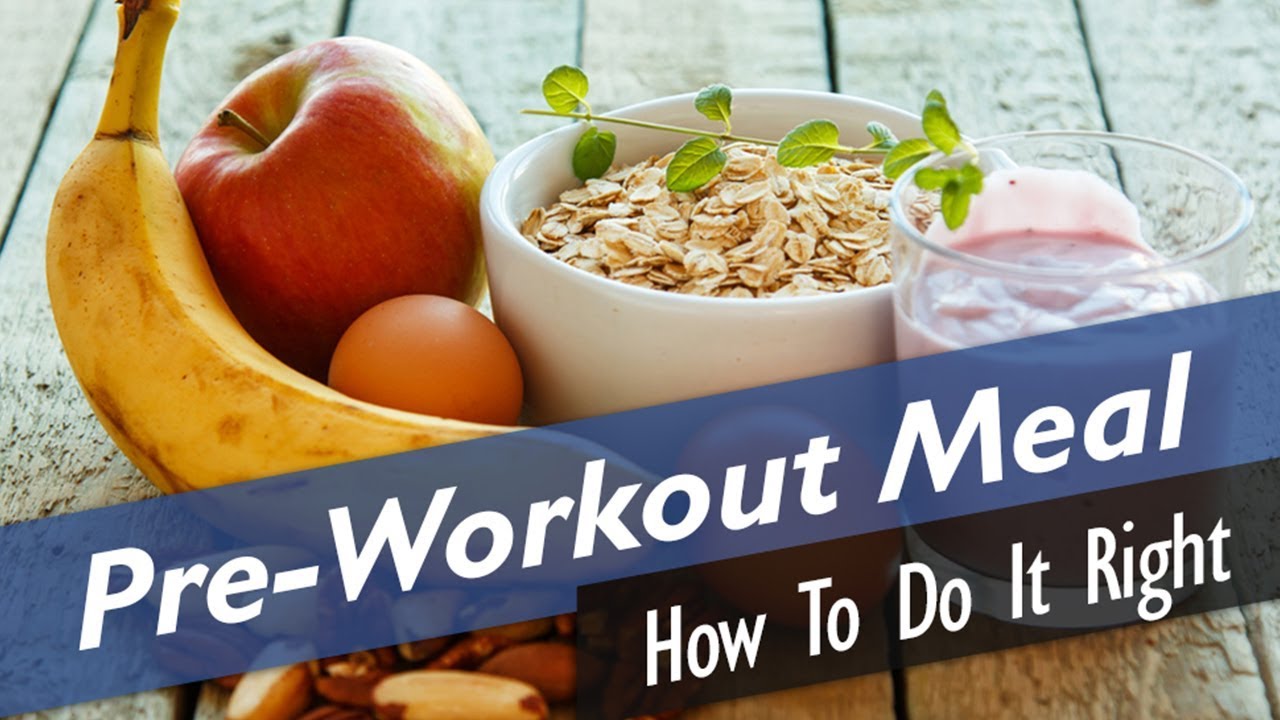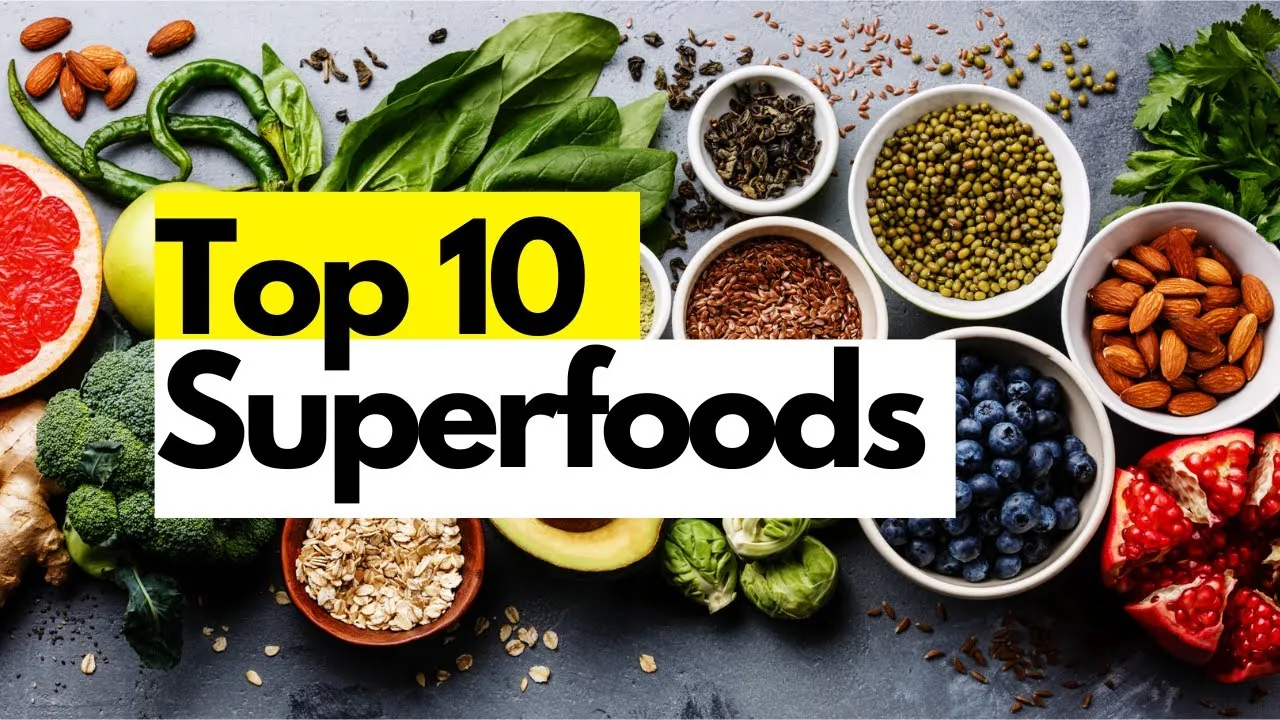Understanding the Role of Nutrition in Workout Performance
Nutrition plays a critical role in how your body performs during and after exercise. The right pre-workout meal provides the energy and focus needed for a powerful training session, while the right post-workout meal supports recovery and muscle repair. Understanding what to eat before and after workouts can significantly improve your performance and results over time.
Whether you’re lifting weights, running, or playing sports, your body depends on the right nutrients to function efficiently. Carbohydrates fuel your muscles, proteins repair tissue, and fats provide long-lasting energy. Let’s break down the best ways to plan your meals for both pre- and post-workout success.
What to Eat Before a Workout
The main goal of a pre-workout meal is to supply your body with the fuel it needs for energy and endurance. Eating the right foods before you exercise ensures that your muscles have the glycogen and nutrients required to perform at their peak.
1. Timing Your Pre-Workout Meal
Ideally, eat your pre-workout meal about 2–3 hours before exercise. This gives your body enough time to digest and convert food into usable energy. If you’re eating closer to your workout time, choose something lighter and easier to digest.
2. Key Nutrients for Pre-Workout
-
Carbohydrates: Provide immediate energy for your muscles.
-
Protein: Helps prevent muscle breakdown during training.
-
Healthy Fats: Offer sustained energy for longer workouts.
3. Best Pre-Workout Meal Examples
-
Oatmeal topped with banana and a scoop of protein powder.
-
Chicken breast with brown rice and steamed vegetables.
-
Greek yogurt with berries and a drizzle of honey.
-
Whole grain toast with peanut butter and sliced banana.
If you’re short on time, a small snack like a banana, protein shake, or granola bar 30–45 minutes before your workout can give you a quick energy boost.
What to Eat After a Workout
After exercising, your body needs to recover, rebuild muscle, and replenish glycogen stores. A good post-workout meal helps reduce muscle soreness, improves strength gains, and restores energy levels.
1. Timing Your Post-Workout Meal
Try to eat your post-workout meal within 30–60 minutes after exercise. This is when your muscles are most receptive to nutrients that help in recovery and repair.
2. Key Nutrients for Post-Workout
-
Protein: Repairs and builds new muscle tissue.
-
Carbohydrates: Replenish depleted glycogen levels.
-
Fluids and Electrolytes: Replace lost fluids through sweat.
3. Best Post-Workout Meal Examples
-
Grilled salmon with quinoa and spinach.
-
Egg omelet with whole-grain toast and avocado.
-
Protein shake with almond milk and frozen berries.
-
Turkey sandwich with whole-grain bread and mixed greens.
If you prefer a quick recovery option, a protein smoothie with fruit and Greek yogurt can be both satisfying and efficient.
Common Mistakes to Avoid
Even with good intentions, many people make simple nutrition mistakes that affect their workout results. Avoid these pitfalls to ensure maximum performance and recovery:
-
Skipping Meals: Exercising on an empty stomach can lead to fatigue and muscle loss.
-
Too Much Fat Before Workouts: Slows digestion and can cause discomfort during training.
-
Neglecting Hydration: Water plays a major role in energy production and recovery.
-
Ignoring Post-Workout Nutrition: Skipping your recovery meal delays muscle repair and limits progress.
How to Customize Your Workout Nutrition Plan
Everyone’s body is different, so your ideal pre- and post-workout meals depend on your goals, body type, and workout intensity. For example:
-
For muscle gain: Increase protein and complex carbohydrates in both pre- and post-workout meals.
-
For fat loss: Focus on lean protein, fiber, and moderate carbohydrates.
-
For endurance training: Include more carbs for sustained energy.
Listening to your body and tracking your performance will help fine-tune your nutrition plan over time.
A Smarter Way to Fuel Your Workouts
The secret to maximizing workout performance is not just about how hard you train but also how well you fuel your body. By combining balanced pre-workout energy with restorative post-workout recovery, you’ll boost endurance, reduce soreness, and accelerate results.
Remember, consistent eating habits lead to consistent performance. Treat your nutrition like a key part of your training routine — because it is.







